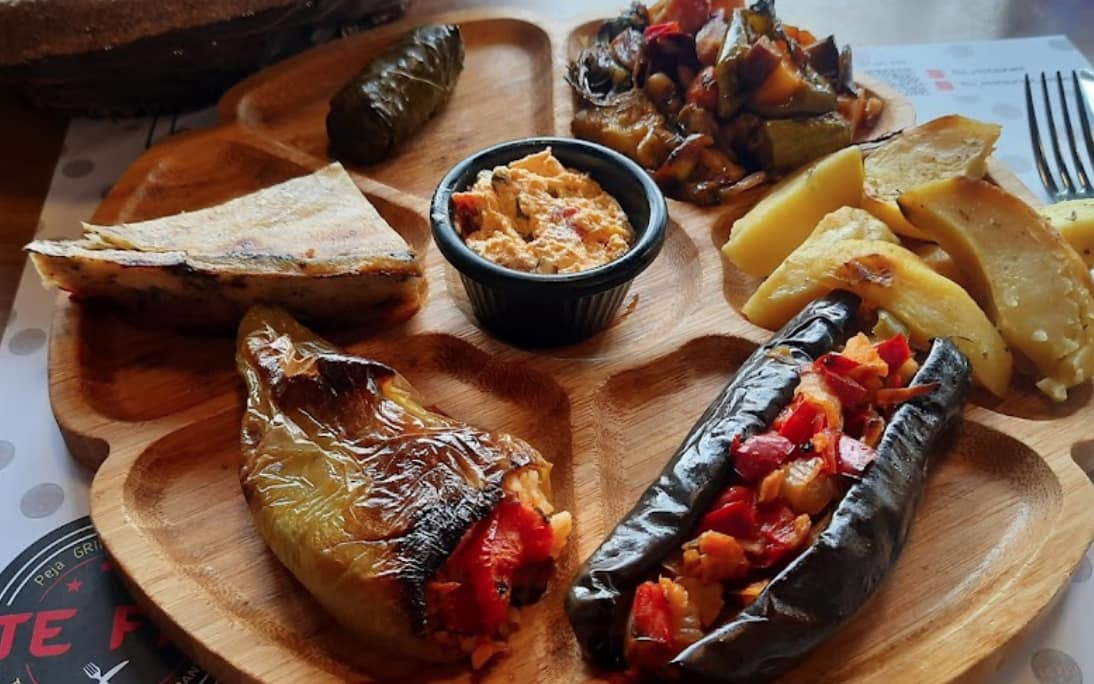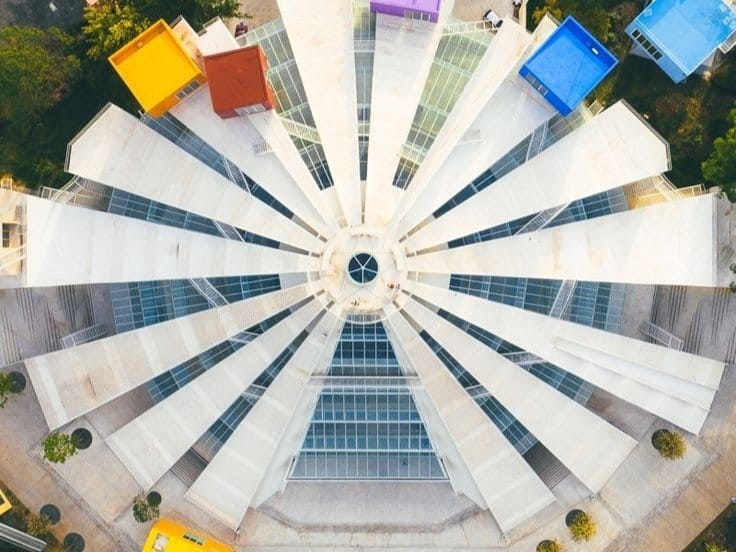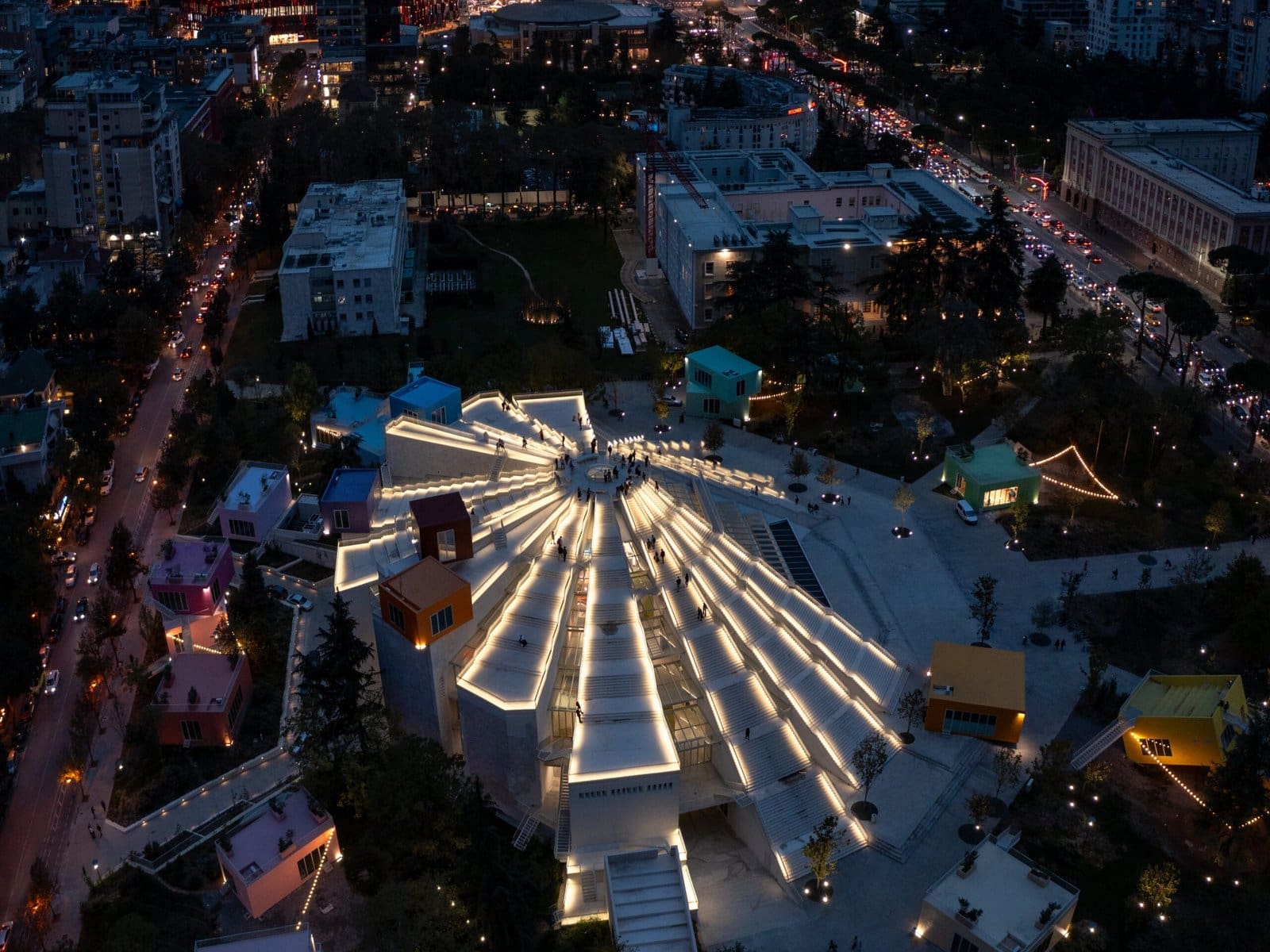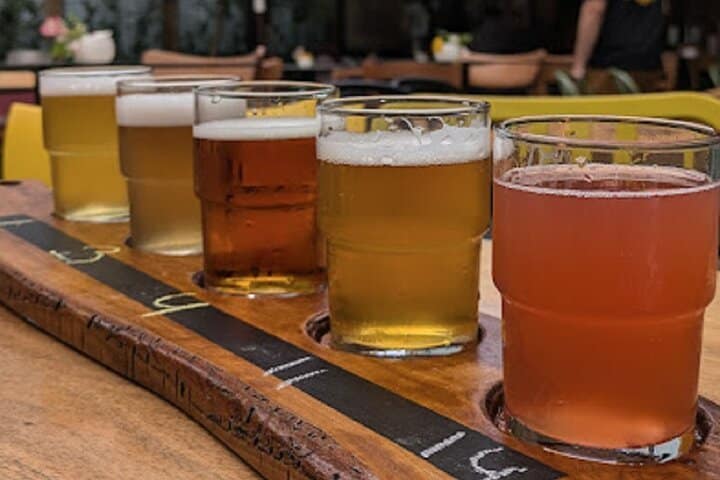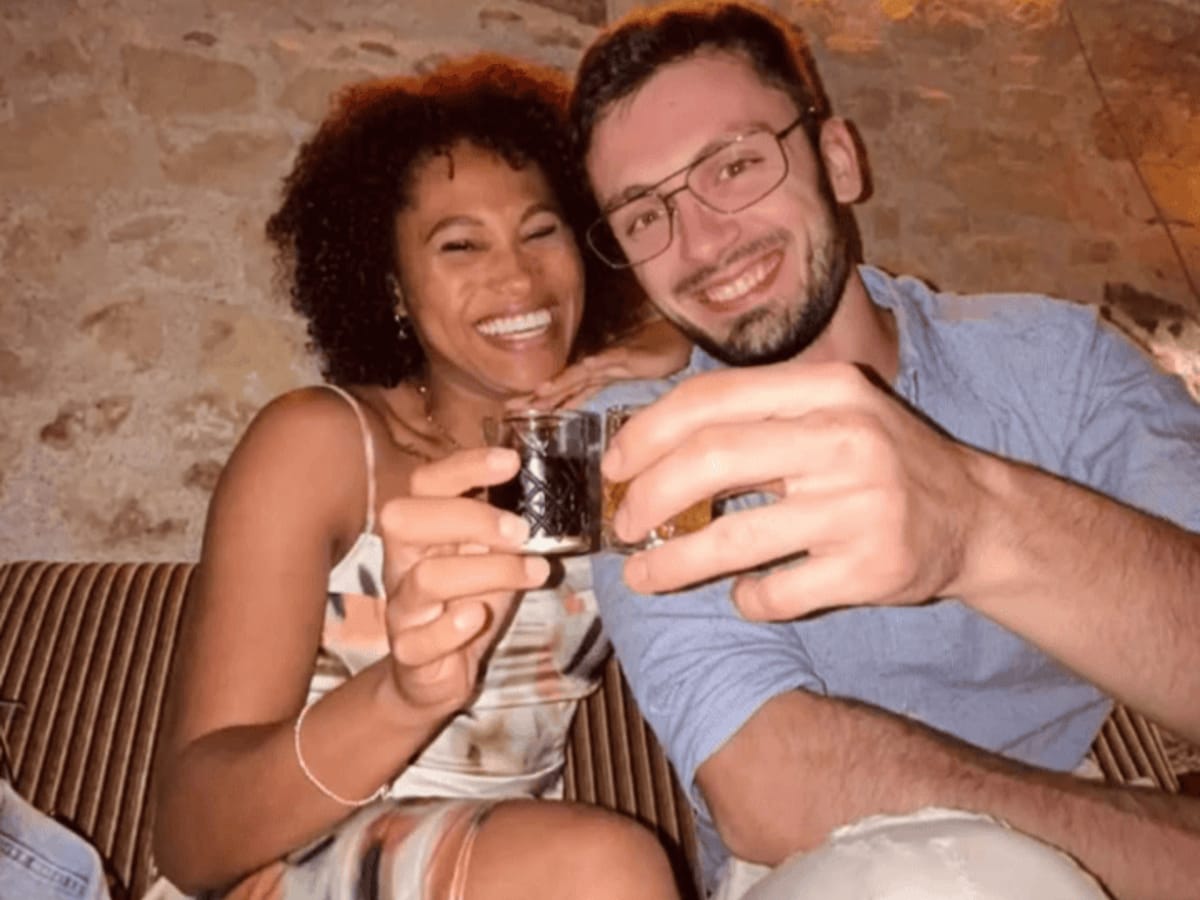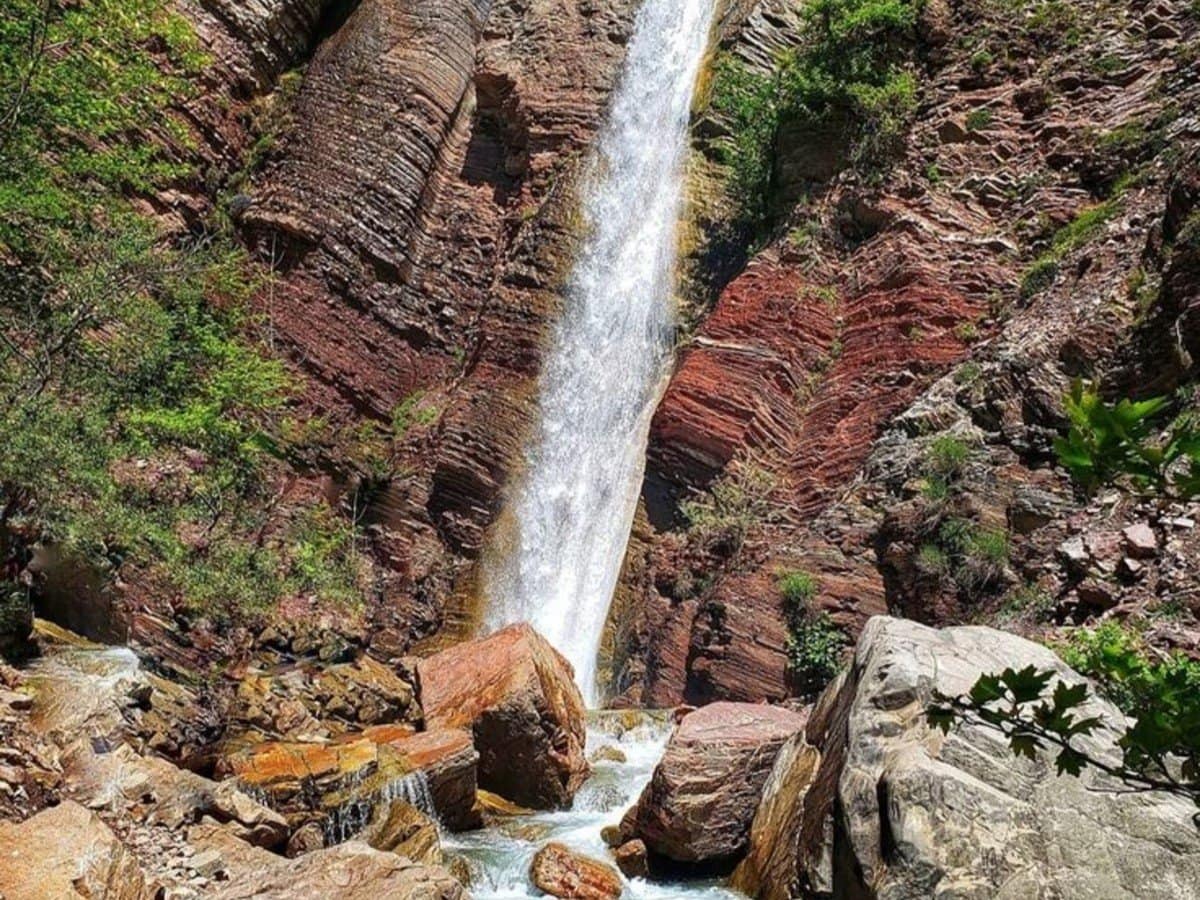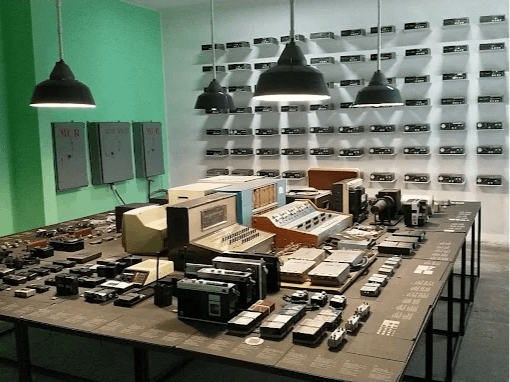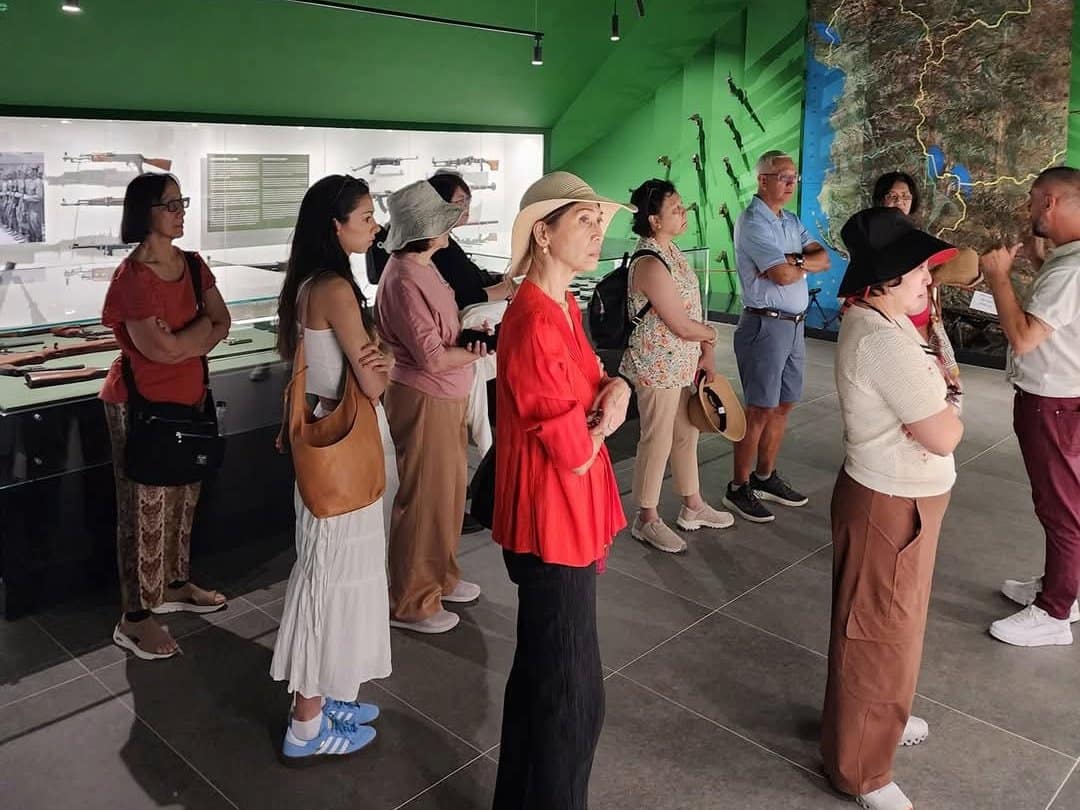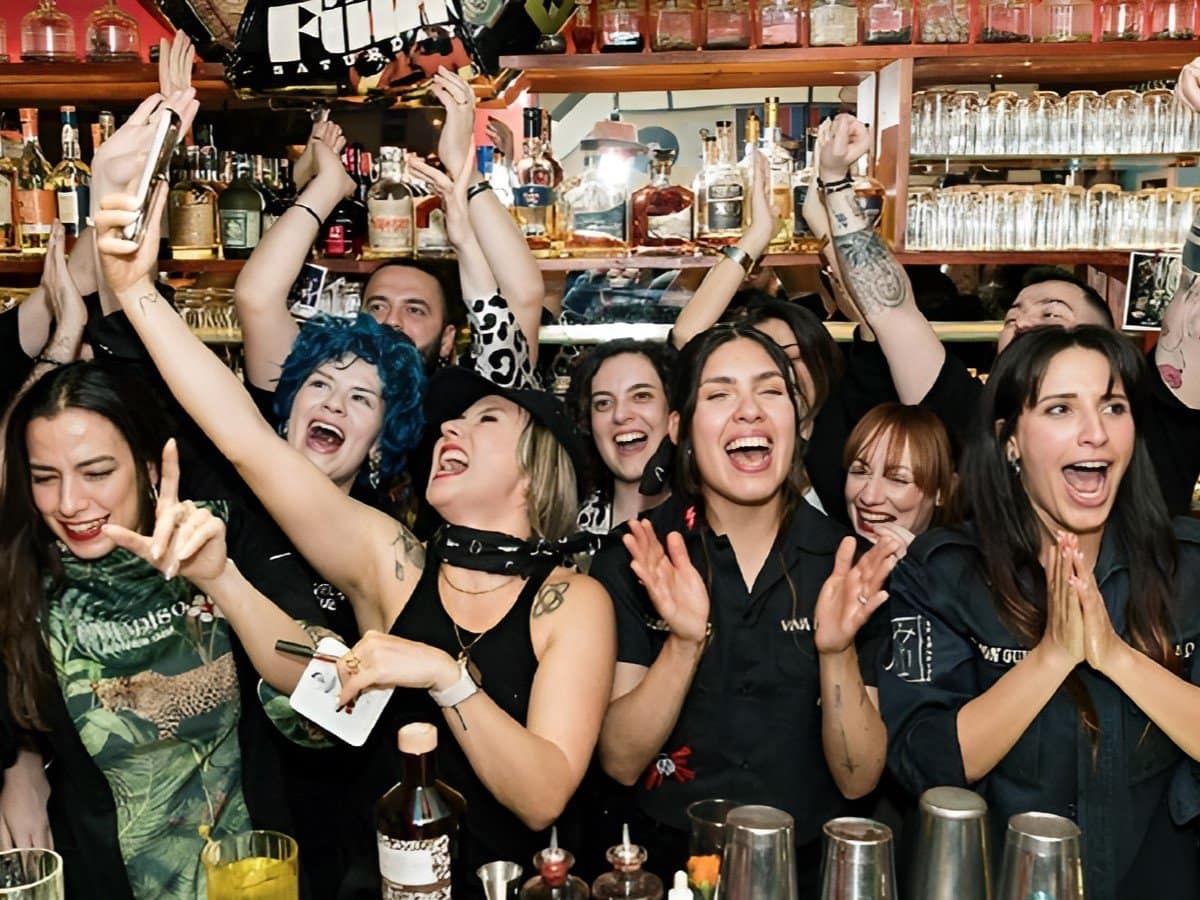Culinary Delights & Practical Travel Tips
Introduction: Savor the Flavors & Navigate with Ease!
In Part 1 of our Albania Travel Guide, we discovered why Albania is Europe’s compelling new secret. In Part 2, we explored the iconic landscapes and historical treasures that await. Now, let’s tantalize your taste buds with Albania’s incredible cuisine and equip you with essential practical travel tips to ensure a smooth and unforgettable journey through this extraordinary country.
Culinary Delights: A Taste of Albania
Albanian cuisine is a delightful blend of Mediterranean, Ottoman, and Balkan influences, emphasizing fresh, seasonal, and locally sourced ingredients. Prepare your taste buds for an unforgettable journey!
- Must-Try Dishes: You absolutely must try Tave Kosi (baked lamb with yogurt, a creamy and savory delight), various types of Byrek (flaky savory pastries filled with cheese, spinach, or meat), and incredibly fresh seafood along the coast, often grilled simply with olive oil and lemon. Qofte (meatballs) are a popular staple, and Fergesë (a delicious stew of peppers, tomatoes, and cottage cheese) is a Tirana specialty.
- Regional Specialties: Don’t miss the famous Korça beer, known for its crisp taste, or the sweet Gliko (fruit preserves) from Përmet. Each region offers its own unique culinary nuances.
- Coffee Culture: Coffee is deeply ingrained in Albanian social life. Take your time enjoying an espresso or macchiato in one of the countless cafes, observing daily life unfold.
- Emerging Wine Scene: While not as famous as its neighbors, Albania has a burgeoning wine industry with indigenous grape varieties like Kallmet and Shesh. Many wineries offer tastings, especially in the Berat and Korça regions.
- Agritourism for Foodies: As mentioned in Part 1, agritourism spots offer unparalleled farm-to-table experiences, allowing you to taste hyper-local produce and traditional recipes directly from the source.
Q: What Albanian dishes are a must-try for foodies?
A: You absolutely must try Tave Kosi (baked lamb with yogurt), Byrek (savory pastry), and fresh seafood along the coast. Don’t forget to sample local raki and explore the burgeoning wine scene.
Practical Tips for Traveling to Albania
To help you prepare for your incredible Albanian adventure, here are some practical travel tips to ensure a smooth and enjoyable trip.
Getting There: Your Gateway to Albania
- By Air: The most common way to arrive is by flying into Tirana International Airport (TIA), also called Rinas Mother Teresa Airport. It’s well-connected to major European cities.
- By Land: Albania shares borders with Montenegro, Kosovo, North Macedonia, and Greece. Crossing by land is a popular option, especially for those on a Balkan road trip.
- By Sea: You can also take a ferry from various Italian ports (Bari, Ancona, Brindisi) to the Albanian coastal cities of Durrës or Vlora. This is a great option for those traveling with a car.
Q: What’s the easiest way to get to Albania?
A: The most common way to arrive is by flying into Tirana International Airport (TIA). You can also enter by land from neighboring countries or take a ferry from various Italian ports to Durrës or Vlora.
Getting Around Albania: Navigating the Landscape
Albania’s infrastructure is continually improving, offering several ways to explore its diverse regions.
- Rental Car: Renting a car provides the most flexibility, allowing you to reach remote places, charming villages, and hidden beaches at your own pace. However, be prepared for varying road conditions, especially off main routes, and a more assertive local driving style. We recommend having good insurance and downloading offline maps.
Q: Is it advisable to rent a car in Albania?
A: Renting a car offers great flexibility to explore Albania’s diverse landscapes, especially for reaching remote areas. However, be prepared for varying road conditions and a more assertive driving style than you might be used to.
- Buses/Furgons: Public transport, primarily through intercity buses and smaller minivans called “furgons,” is a very affordable way to travel between towns and cities. While they might not run on a strict schedule, they offer a genuine local experience.
- Taxis/Ride-sharing: Taxis are readily available in major cities. Ride-sharing apps like “VrapOn” are also becoming more popular in Tirana and other larger urban areas.
- Private Transfers: For maximum comfort and efficiency, especially for airport transfers or specific routes, private transfers are an excellent option.
Q: What is the best way to get around Albania without a car?
A: Without a rental car, the best way to get around Albania is via intercity buses and furgons, which connect most towns and cities affordably. Within cities, taxis are common, and ride-sharing apps are emerging in larger urban centers. For specific routes or added comfort, private transfers are an excellent option.
Currency & Money: Albanian Lek and Beyond
- Currency: The official currency is the Albanian Lek (ALL). While Euros are widely accepted in major tourist areas and larger establishments (often at a less favorable exchange rate), it’s always best to use Lek for better value, especially outside of major tourist hubs.
- ATMs: ATMs are readily available in cities and larger towns.
- Credit Cards: Credit cards are accepted in many hotels, larger restaurants, and shops in urban areas. However, for smaller cafes, local markets, and rural areas, cash is king. It’s always wise to carry enough cash for daily expenses and emergencies.
- Tipping: Tipping is not mandatory but is appreciated for good service in restaurants (around 10%) and for guides and drivers.
Q: What currency is used in Albania, and are credit cards widely accepted?
A: The official currency is the Albanian Lek (ALL). While ATMs are common in cities, and credit cards are accepted in larger establishments, it’s always wise to carry cash, especially when venturing into smaller towns or rural areas.
Language: Bridging the Gap
- Albanian (Shqip): The official language is Albanian, a unique Indo-European language.
- English Proficiency: In major cities and tourist areas, many younger Albanians and those working in the tourism industry speak English. However, learning a few basic Albanian phrases will greatly enhance your interactions with locals and show your appreciation for their culture.
- Përshëndetje (Hello)
- Faleminderit (Thank you)
- Ju lutem (Please)
- Mirupafshim (Goodbye)
- Po (Yes)
- Jo (No)
Q: Do people speak English in Albania?
A: In major cities and tourist areas, many younger Albanians and those working in tourism speak English. However, learning a few basic Albanian phrases like “Përshëndetje” (Hello) and “Faleminderit” (Thank you) will greatly enhance your interactions with locals.
Connectivity: Stay Connected
- SIM Cards: Local SIM cards from providers like Vodafone Albania or One Albania are affordable and offer excellent coverage across the country. You can purchase them easily at the airport or in mobile stores.
- Wi-Fi: Wi-Fi is generally available and reliable in hotels, guesthouses, cafes, and restaurants in urban and tourist areas.
Q: What are my options for staying connected in Albania?
A: Local SIM cards from providers like Vodafone or One Albania are affordable and offer excellent coverage. Wi-Fi is generally available in hotels, cafes, and restaurants in urban and tourist areas.
Safety & Health: Travel with Confidence
- General Safety: Albania is remarkably safe for travelers, with a low crime rate. Standard travel precautions apply: be aware of your surroundings, especially in crowded areas, and keep an eye on your belongings.
- Emergency Numbers: The general emergency number is 112.
- Water Quality: While tap water in some areas, particularly in the mountains, may be safe, it’s generally recommended to stick to bottled water for drinking to avoid any upset stomach. Bottled water is widely available.
- Sun Protection: The Mediterranean sun can be strong, especially during summer. Pack sunscreen, hats, and sunglasses.
- Travel Insurance: We highly recommend purchasing comprehensive travel insurance that covers medical emergencies, trip cancellations, and lost luggage.
- Travel Tips for Solo Travelers: Albania is an excellent destination for solo adventurers due to its safety and the incredible hospitality of its people. Embrace interactions with locals, consider staying in guesthouses for a more social experience, and don’t hesitate to join day tours to meet other travelers and experience places safely.
Cultural Etiquette: Respect and Enjoy
- Greetings: A simple “Përshëndetje” (hello) or “Mirëmëngjes” (good morning) is always appreciated. Albanians are generally quite formal in initial greetings.
- Dress Code: When visiting religious sites (churches, mosques, monasteries), it’s respectful to dress modestly, covering your shoulders and knees.
- Hospitality: Accepting offers of coffee, food, or even small gifts from locals is a sign of appreciation and respect for their culture.
- Photography: Always ask for permission before taking photos of people, especially in rural areas.
Q: Are there any specific cultural customs I should be aware of in Albania?
A: Albanians are very welcoming. A polite “Përshëndetje” (hello) goes a long way. When visiting religious sites, it’s respectful to dress modestly, covering shoulders and knees. Hospitality is paramount, and accepting offers of coffee or food is a sign of appreciation.
Visa Requirements: Plan Ahead
Before you travel, it’s crucial to check the specific visa requirements for your nationality. Albania has a liberal visa policy for many countries, but it’s always best to verify with the Albanian embassy or consulate in your country, or consult official government travel advisories.
Environmental Considerations: Be a Responsible Traveler
As Albania’s tourism grows, it’s important to be a responsible traveler. Support local businesses, minimize your waste (pack out what you pack in, especially in natural areas), and respect the local environment and communities. Help us keep Europe’s Last Secret pristine.
